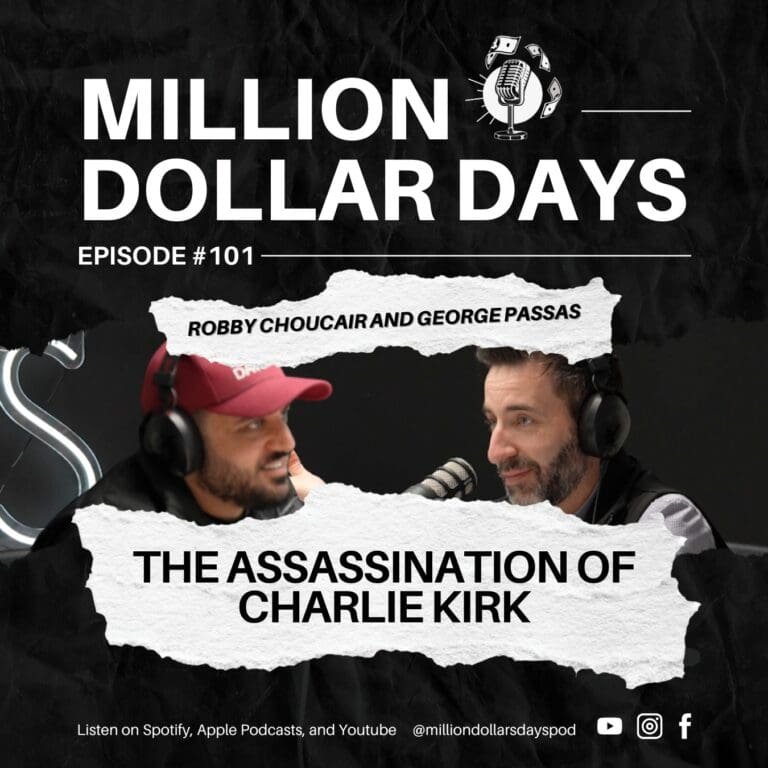The recent assassination of Charlie Kirk has sent shockwaves through media circles and sparked intense conversations about free speech, political violence, and the increasingly polarized nature of public discourse. As two podcasters reflecting on this tragedy, we found ourselves grappling with the unsettling implications of Kirk’s death and what it means for those who dare to voice controversial opinions.
Charlie Kirk, the founder of Turning Point USA and a prominent conservative voice, was known for his willingness to engage in debate about contentious topics. Whether discussing gender identity, abortion, gun rights, or supporting Donald Trump, Kirk approached these subjects with a commitment to reasoned argument. What’s particularly disturbing about his assassination is that he wasn’t silenced for committing atrocities – he was killed simply for expressing his viewpoints and facilitating discussion.
The official narrative surrounding the shooting raises questions for many observers. The idea that a 22-year-old with no criminal record meticulously planned this assassination without any accomplices strikes some as implausible. The perfect choreography of the narrative – a conservative figure who spoke about traditional gender roles being killed by someone allegedly with connections to transgender activism – seems almost too perfectly aligned with existing cultural divides. While we must be careful not to fall into unfounded conspiracy theories, it’s reasonable to question whether we’re getting the complete story.
The aftermath of Kirk’s death reveals troubling aspects of our current cultural climate. While many mourned his passing, others celebrated it – a reaction that demonstrates a profound dehumanization of political opponents. This celebratory response to violence should concern everyone, regardless of political affiliation. When we reach a point where someone’s death is applauded because their opinions differed from our own, we’ve crossed a dangerous line that threatens the foundation of democratic discourse.
Perhaps most concerning is the chilling effect this assassination may have on free speech. If expressing controversial opinions carries the risk of deadly violence, how many potential voices will choose silence instead? Kirk’s death forces us to confront an uncomfortable question: Is it worth speaking up when the cost might be your life? For a society that values freedom of expression, this creates an impossible situation where self-censorship becomes a survival mechanism.
The tragedy of Charlie Kirk’s death extends beyond the loss of a single voice. It represents a potential turning point in how we approach disagreement and dialogue. When violence becomes a response to words, the space for respectful discourse narrows dramatically. As media consumers and citizens, we face a critical choice: reject the normalization of violence against those with different viewpoints, or watch as fear gradually silences meaningful conversation across the political spectrum.
